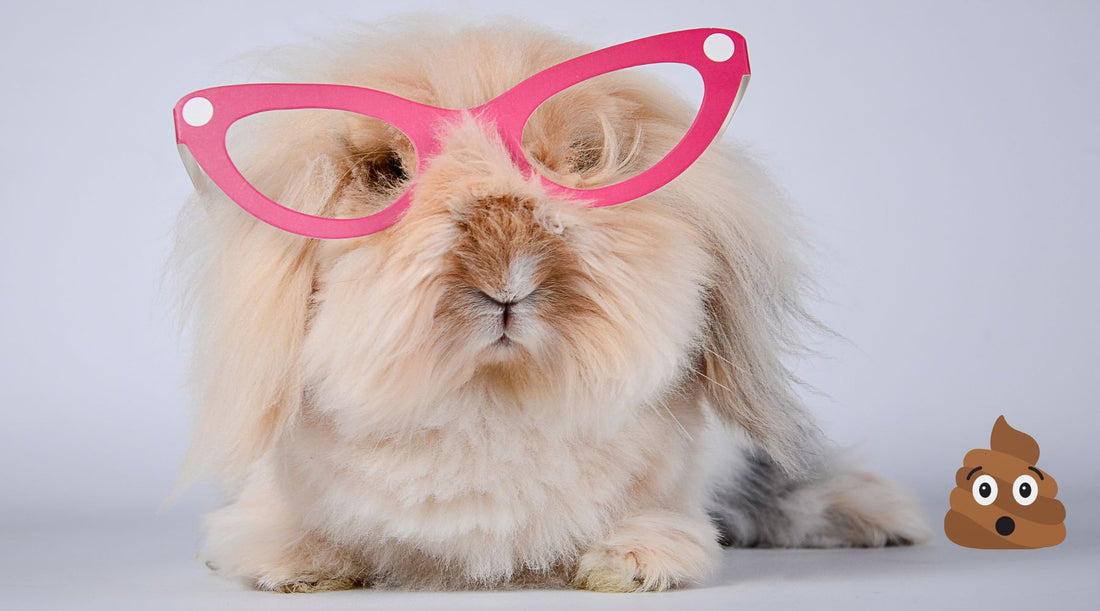
Why Do Rabbits Poop So Much?
Share
Why do rabbits poop so much?
Anyone who lives with a rabbit knows all too well the sight of ‘cocoa puffs’ littering the house. While it is fun to joke about our four-legged pets being potty making machines; however, their endless poops play one of the most vital roles in ensuring their health.
But what is the point of rabbits pooping so much? The solution to the puzzle is ancient and lies in their complex digestive tract. Rabbits have an unusual physiology that requires their food to be continuously passing through the GI tract in order for them to extract energy from it. But they poop so much because of the cycle of consume and digest it takes to keep them healthy!
Though if this fine balance is disrupted, the results can be catastrophic. Anomalous processes, like depraved nourishment or increased annoyance stages may interfere with ordinary digestive feature, inflicting existence threatening complications. A comprehensive knowledge of rabbit digestion is critical to the well-being of our furry friends.
Having some well-placed rabbit mats will all make cleaning easier for you and your rabbits. It will save time and offer a non-slip surface for your little buddy.
Rabbit Digestion: An Overview
Few others have such a highly specialized digestive system designed for high-fiber diets as rabbits do. It does so through a careful selection of what is swallowed, with undecomposable fiber forming the familiar ‘cocoa puff’ poop that speckle their habitats.
However, that is not the end of the story. Fermentable products are expected to be fermented within the rabbit's caecum, which leads to production of cecotropes at the end. These special pellets, which contain important proteins and nutrients, need to be eaten again by the rabbit in order for it to absorb their nutritional value.
Although it may seem strange, seasoned rabbit owners know the importance of these little pellets in the day-to-day health of your bunny.
